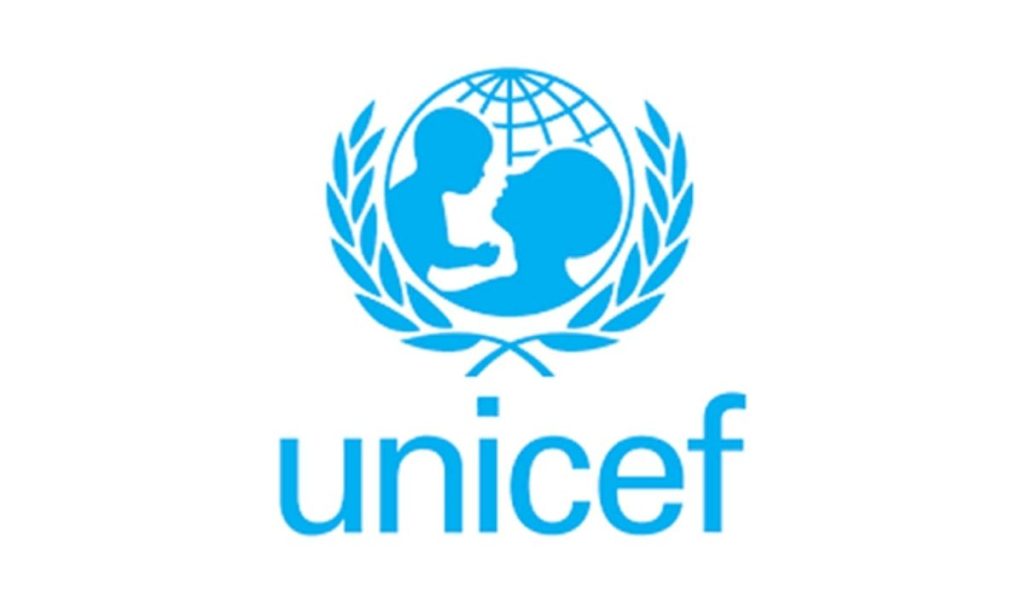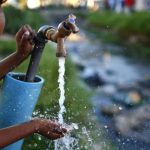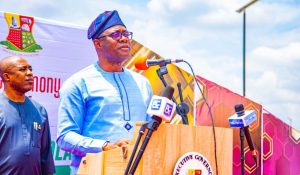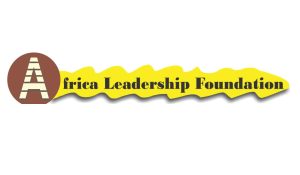
UNICEF
In a strategic move to enhance gender-sensitive Water, Sanitation, and Hygiene (WASH) practices, UNICEF has trained state and local government officials in Kaduna as part of the Accelerating Climate-Resilient Sanitation and Water for All (ASWA III) project.
The two-day training, held in Kaduna, brought together representatives from key Ministries, Departments, and Agencies (MDAs), as well as Civil Society Organisations (CSOs) involved in WASH initiatives. Officials from Lere and Kagarko—two pioneering local governments implementing ASWA III—also participated.
Funded by the Government of the Netherlands, ASWA III is designed to provide climate-resilient WASH services to vulnerable communities. The training aimed to deepen participants’ understanding of gender concepts, including equality, equity, and transformative approaches in WASH. It also equipped them with skills in gender analysis, inclusive program design, and effective monitoring and evaluation.
Read also: Benue, UNICEF Launch Water and Sanitation Projects for Residents
Speaking at the event, Mubarak Ladan, Director General of the Kaduna State Rural Water Supply and Sanitation Agency (RUWASSA), expressed gratitude for Kaduna’s selection in the program, emphasizing the state’s commitment to delivering impactful results.
David Damian, WASH Officer at UNICEF Kaduna Field Office, highlighted that ASWA III goes beyond traditional WASH projects by incorporating sustainability, climate resilience, and gender-focused strategies. He noted that local governments have actively developed implementation plans, ensuring long-term impact.
The project includes constructing climate-resilient water and sanitation facilities in communities, schools, and primary health centers while empowering local populations to manage these resources sustainably. Damian stressed that ASWA III seeks to address gender disparities in water access and ensure reliable water supply even during emergencies.
By prioritizing gender-transformative WASH practices, UNICEF and its partners are fostering a more inclusive and sustainable approach to water and sanitation in Kaduna, ensuring long-term resilience for vulnerable communities.







